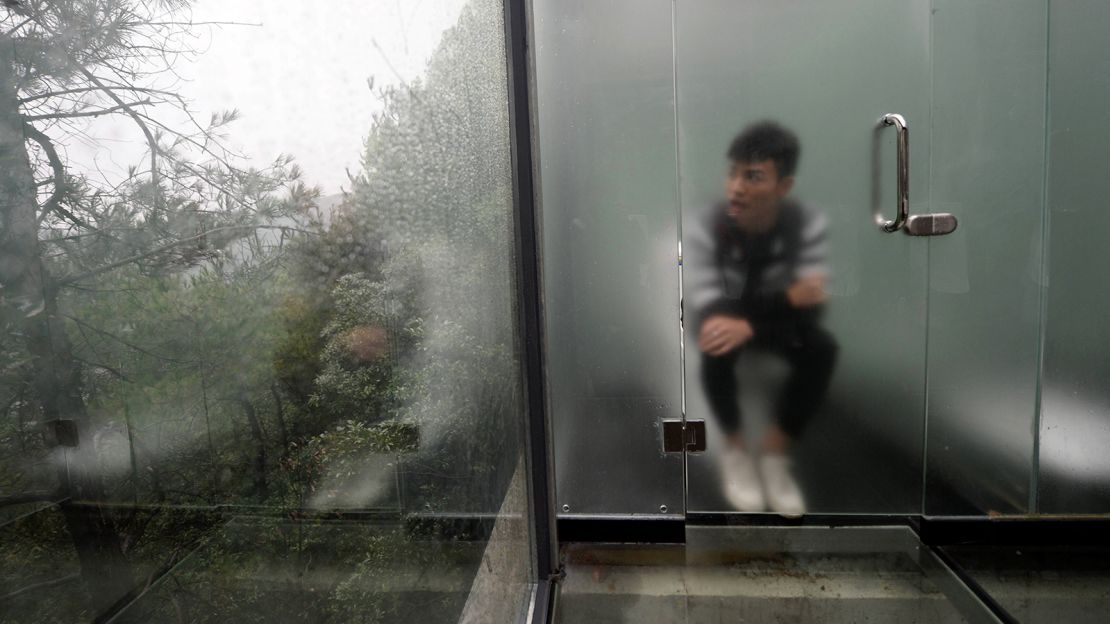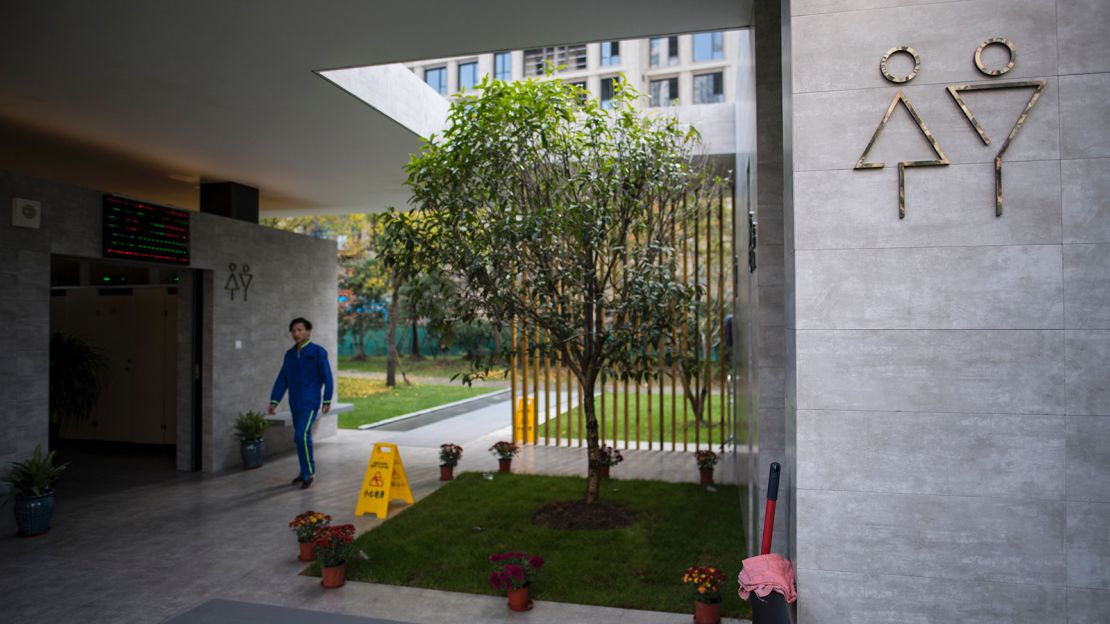Thinking about visiting China but worried about how bad the toilets are?
You may be relieved, in more than one way, to hear that the country’s leader is on your side.
President Xi Jinping, now a bathroom aficionado after frequent visits to inspect the facilities in rural homes, has announced he’s doubling down on a campaign for a Chinese “toilet revolution” that he launched in 2015.
Voicing the concerns of many a wary traveler, the communist leader said clean toilets were the cornerstone of a civilized society and would help boost travel to China as well as improving the hygiene of the masses.
Toilet issues are crucial to tourism

But is the toilet revolution all hot air (which, if nothing else, would at least be useful for drying hands on)? Not according to China’s state-run newspaper the People’s Daily.
It says China has opened about 68,000 improved bathrooms in tourist areas around the country since Xi began his campaign.
Good news for places in China that have long had a notorious reputation for appalling standards of public restroom hygiene.
Once deterring visitors with its doorless dry toilets, Jiuzhaigou Natural Reserve in southwestern Sichuan province has just welcomed a series of new eco-toilets around the area.
Last year, Yunnan province, which borders Myanmar, Laos and Vietnam, held a competition to select the most outstanding toilets in tourist attractions.
Lonely Planet launches guide to world's most spectacular toilets
Lijiang Old Town – previously known for toilets without individual cubicles – claimed top prize for offering facilities with odor eliminators, a motion sensor dustbin and green plants.
“Toilet issues are not petty matters but an important aspect of satisfying the public’s desire for a decent and healthy life,” Jack Sim, founder of global sanitation campaigner the World Toilet Organization, tells CNN.
Sim, aka “Mr. Toilet,” says a lack of clean facilities could harm China’s tourism industry in the long run.
“China is a beautiful country with rich natural landscapes and culture and a long history,” he says.
“But the lack of clean toilets made tourism impossible to be promoted as the tour agencies always get bad reports and complaints after the tour – as the stench, filth and terrible condition of many Chinese toilets horrified foreign visitors.”

Big screen TV and marble boulders? Yes. Flushing toilet? No.
China’s government says it now wants toilet improvements nationwide – from tourism spots to cities to rural backwaters.
One of the biggest challenges, according to the WTO, is changing cultural attitudes.
“We visited rural homes with air conditioning, washing machine, solar water heater, motorcycles, cell phones, big screen TVs,” says Bai Lin, WTO’s China project manager. “But their toilets are very smelly dry toilets and not flushing toilets.”
The organization says rural schools were prioritizing opulent decorations, such as waterfalls and marble boulders, over improving bathrooms.
“In many cases, money is not the problem, but it is a mindset problem,” says Bai.
“If we are able to make toilets fashionable, just like a cell phone, a TV, or a dream, we can change the toilet culture of China.”
































